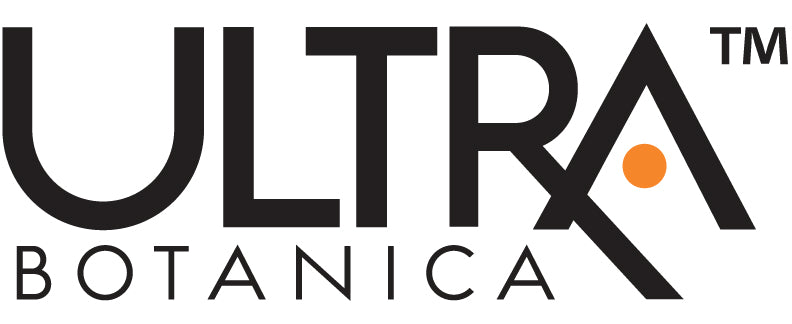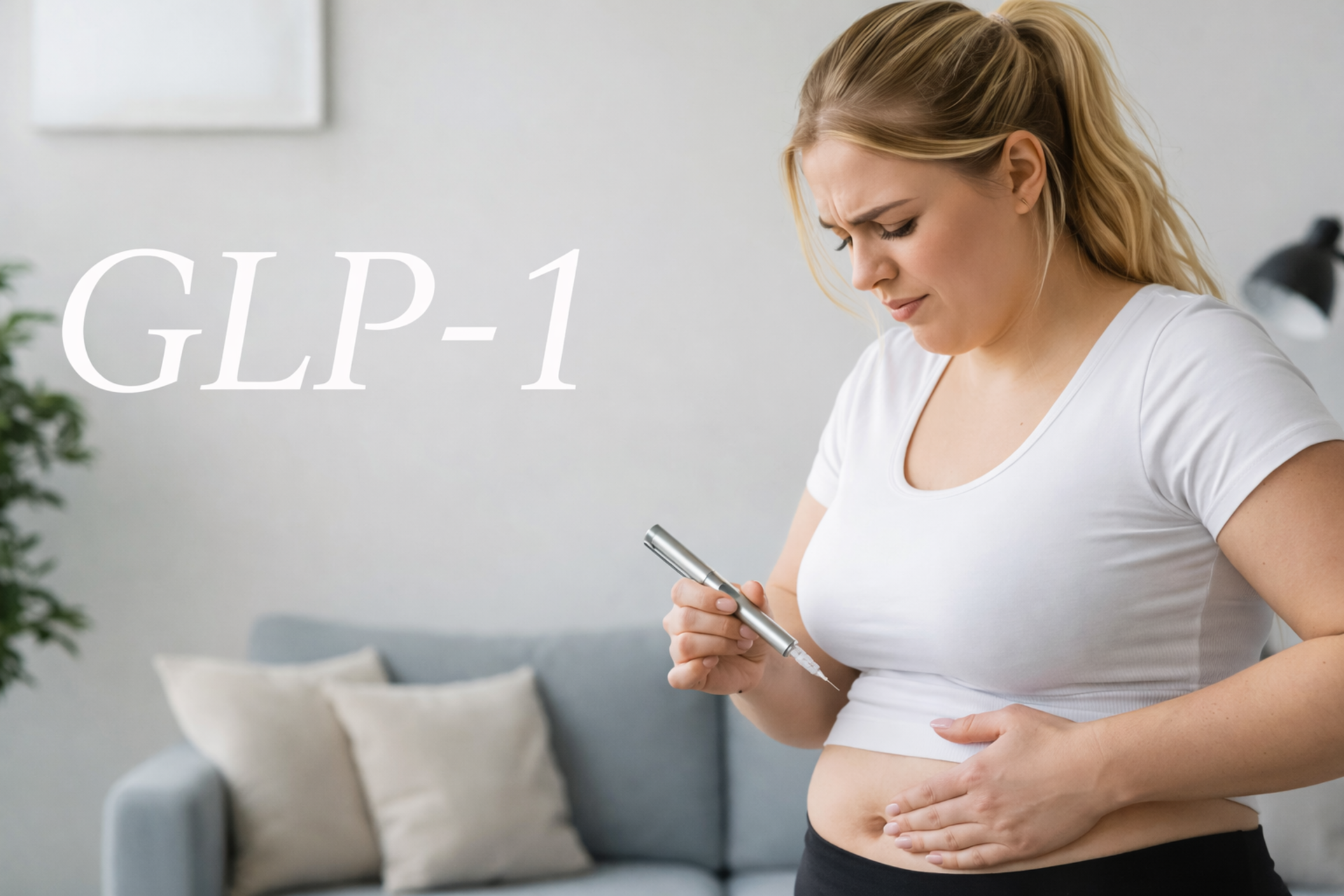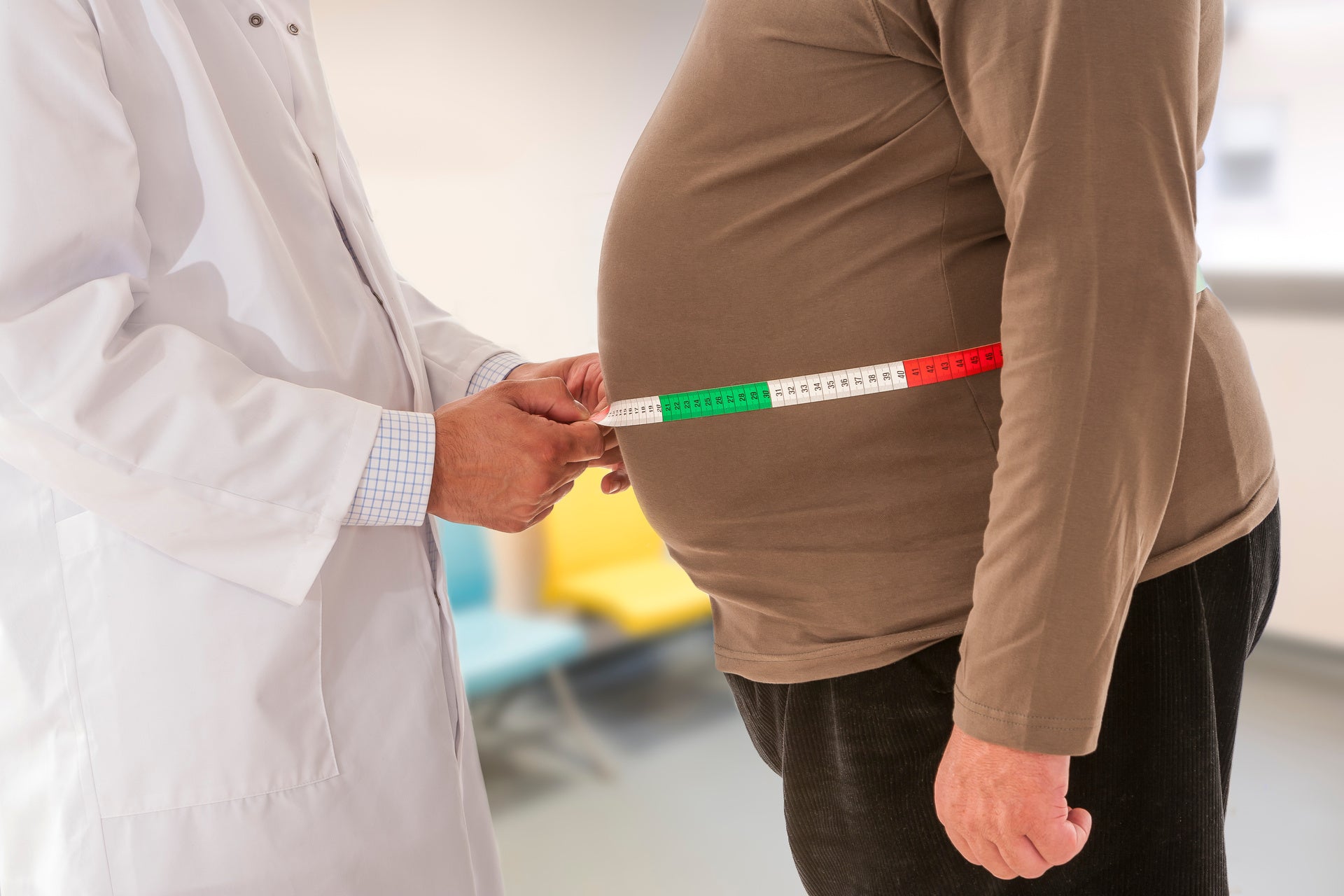You’re thinking more about your heart lately—and for good reason. Maybe someone close to you has heart issues, or you're just noticing changes as the years pass: lower energy, small aches, or a growing concern about your health.
It’s a natural part of aging, and you’re ready to take a more proactive role. That may be why the growing interest in curcumin heart health has caught your attention.
You're not just looking for hype—you want real, science-backed ways to support your heart and overall well-being. The connection between curcumin heart health and a smart lifestyle approach is gaining momentum.
And here, you’ll find clarity, not confusion, as you explore what curcumin can truly offer your heart health journey.
What's the Big Deal with Heart Health Anyway?
It feels like every health discussion eventually comes back to the heart, because the heart is so critical. Your heart is the engine that powers your entire body, pumping life-giving blood to every single cell.
When your heart works well, you have more energy, better focus, and feel better overall. Modern life, however, throws a lot at our bodies.
Stress, bad actor foods, and just plain aging can strain our cardiovascular system, leading to an underperforming heart. And this can affect your entire circulatory system, not just the heart.
You might be thinking about cholesterol numbers from your last checkup, or your blood pressure. These are common worries and significant cardiovascular risk factors.
Feeling anxiety about these things is normal; it shows you care about your future and want to remain healthy and vibrant. But it's important to create an action plan, and then avoid stressing about it as you implement your plan.
Turmeric vs. Curcumin: Let's Clear Up the Confusion
You've probably seen turmeric everywhere lately, from golden milk lattes to fancy spice blends. This bright yellow spice has a long history in both cooking and traditional medicine.
But there's an important difference between turmeric and curcumin, the compound that gives it most of its power. Think of it like this: an orange is a healthy fruit containing Vitamin C, the nutrient known for boosting your immune system.
Turmeric is the orange, and curcumin is the Vitamin C. Curcumin is the main active compound in turmeric and has been studied the most for its amazing health benefits.
While eating turmeric is good for you, the amount of curcumin in the raw spice is low, typically around 3% by weight.
To get a true therapeutic effect, you'd need to eat an impractical amount daily. That's why people turn to concentrated curcumin supplements for real support.

The Science Behind Curcumin Heart Health: A Deeper Look
For years, scientists have been studying curcumin, and their findings are remarkable, including protective effects for your heart.
It doesn't just work in one way; curcumin's protective effects support your cardiovascular system from multiple angles. Let's look at exactly how curcumin can support your heart health.
Taming the Fire: Curcumin's Fight Against Systemic Inflammation
You probably think of inflammation as the redness and swelling that happens with a sprained ankle—that's acute inflammation, your body’s natural and healthy response to injury.
The real issue begins when inflammation becomes chronic, quietly simmering throughout your body for months or even years.
Imagine a tiny, slow-burning fire inside your blood vessels and endothelial cells; this is what chronic inflammation does. Experts believe this process is a major risk factor for many age-related health issues, including heart problems and vascular disease.
This constant irritation can damage the delicate lining of your arteries and endothelial cells, making them a welcoming place for cholesterol to build up into dangerous plaque.
Curcumin can help in that. It works at a molecular level to calm this fire, partly by blocking a molecule called nuclear factor-kappa B (NF-kB). NF-kB acts like a master switch that mediates inflammation.
A review of several randomized controlled trials confirmed that curcumin can significantly lower inflammatory markers.
By doing so, curcumin protects your blood vessels and endothelial cells from constant, damaging irritation. This action can also be crucial in mitigating myocardial injury following events like a myocardial infarction.
Helping Your Arteries Relax: Improving Endothelial Function
This may sound technical, but the concept is simple. The endothelium is the thin membrane lining the inside of your heart and blood vessels that help regulate the flow of blood through your system.
Think of it as the super-smooth, non-stick surface of your arteries, composed of endothelial cells.
A healthy endothelium is flexible and relaxed, controlling the tightening and widening of your blood vessels, which directly impacts blood pressure. It accomplishes this largely through the production of nitric oxide, a crucial signaling molecule.
When your vascular endothelial function is impaired, a condition called endothelial dysfunction, your arteries become rigid and less responsive, which triggers high blood pressure. Curcumin has been shown in studies to improve endothelial function.
An incredible study from a randomized controlled trial found that curcumin was as effective as a moderate aerobic exercise program for improving vascular endothelial function in postmenopausal women.
The study compared a placebo group to a curcumin group and an exercise group, with the latter two showing similar improvements.
The mechanism involves increasing the bioavailability of nitric oxide. Curcumin appears to enhance the activity of nitric oxide synthase, the enzyme responsible for producing this vital molecule in each endothelial cell.
By improving nitric oxide production, curcumin helps keep your blood vessels healthy and flexible, supporting normal blood pressure and flow. This reduces the risk factor of oxidative stress and cardiovascular disease.

Getting Your Numbers in Check: Lowering LDL and Triglycerides
You've heard the terms at your doctor's office: LDL cholesterol and triglycerides. LDL is often called the "bad" cholesterol because when you have too much low-density lipoprotein, it can stick to the walls of your arteries, forming plaque.
Triglycerides are a type of fatty acid in your blood that your body uses for energy, but high levels can also contribute to atherosclerosis. Both are linked to oxidative stress.
Keeping these numbers within a healthy range is a cornerstone of good cardiovascular risk management. The great news is that research suggests curcumin can help.
It seems to work in a few different ways to support healthy cholesterol levels, which may be particularly beneficial for those with metabolic syndrome or diabetes.
A meta-analysis of multiple clinical trials found that curcumin supplementation could lead to a significant reduction in both LDL cholesterol and triglycerides.
Researchers believe curcumin inhibits cholesterol synthesis in the liver and may reduce its absorption from the gut. By helping manage these fats, curcumin adds another layer of protection for your arteries, especially for people on a high-fat diet.
Curcumin also helps reduce lipid peroxidation—a process where free radicals damage fats such as LDL cholesterol, making them more likely to stick to artery walls.
By protecting these fats from oxidative stress, curcumin makes LDL cholesterol less harmful to your cardiovascular system.
Curcumin supports heart health by targeting key cardiovascular challenges through multiple biological mechanisms. Here’s how it works—and the specific benefits it may offer.
Chronic Inflammation:
-
Curcumin inhibits inflammatory pathways such as NF-kB.
-
Balances inflammatory markers linked to plaque buildup.
-
Helps protect the blood vessel lining from damage.
Endothelial Function:
-
Enhances nitric oxide synthase activity to boost nitric oxide production.
-
Improves artery flexibility and supports healthy blood flow.
-
Helps regulate blood pressure naturally.
High LDL & Triglycerides:
-
Reduces cholesterol synthesis in the liver.
-
Decreases lipid peroxidation, limiting LDL damage.
-
Helps lower “bad” cholesterol and blood fats.
Arterial Stiffness:
-
Curcumin limits the proliferation of vascular smooth muscle cells.
-
Inhibits matrix metalloproteinase activity.
-
Supports arterial elasticity and better circulation.
Oxidative Stress:
-
Neutralizes reactive oxygen species (ROS).
-
Boosts the body’s natural antioxidant enzymes.
-
Shields heart tissues and vessels from cellular damage.
Blood Clot Risk:
-
Makes blood platelets less sticky.
-
May reduce the likelihood of dangerous clot formation.

Softening Stiff Arteries for Better Flow
As we age, our arteries naturally tend to lose some of their elasticity. They can become stiff, a condition known as arterial stiffness, which forces your heart to work harder to pump blood through them.
Arterial stiffness is a strong predictor of future cardiovascular events and as such indicates a higher cardiovascular risk. You want your arteries to be more like a flexible garden hose in the summer sunshine than a frozen hose in midwinter.
Arterial flexibility depends on the health of the vascular smooth muscle cells within the artery walls. When chronic inflammation is present, these cells may begin to multiply and migrate, leading to thickening and stiffening of the blood vessels.
It turns out curcumin may play a role here as well. Studies have looked at how curcumin impacts arterial stiffness, and the results are promising.
Curcumin attenuates the proliferation of vascular smooth muscle, helping to keep the arterial wall from becoming too thick and rigid. It may also influence enzymes such as matrix metalloproteinase, which are involved in tissue remodeling in the arteries.
One controlled trial showed that a combination of curcumin supplementation and exercise provided a greater improvement in arterial health than either one did on its own.
This suggests that curcumin helps maintain the youthful flexibility of your blood vessels, an important protective effect.
The Body's Rust Protector: Combating Oxidative Stress
Have you ever seen rusted metal when it was left out in the elements? A similar process, called oxidative stress, happens inside your body. It's damage caused by unstable molecules called reactive oxygen species (ROS), also known as free radicals.
These oxygen species are a natural byproduct of metabolism, but issues such as pollution, stress, and a poor diet can create an overload. Oxidative stress damages your cells, proteins, and DNA, and is linked to accelerated cellular senescence.
In your cardiovascular system, it can harm heart muscle and endothelial cells, contributing to inflammation, plaque buildup, and even I/R injury (ischemia-reperfusion injury).
Curcumin is a fantastic antioxidant with a clever two-part strategy. First, its chemical structure allows it to directly neutralize free radicals.
Second, and perhaps more importantly, it acts as a transcription factor regulator, boosting the activity of your body's own powerful antioxidant enzymes, such as glutathione.
This dual-action approach makes curcumin incredibly effective. It helps reduce the overall oxidative burden by scavenging existing ROS and by strengthening your body's natural defenses.
By limiting the activity of enzymes such as NADPH oxidase, which is a major source of oxide production, curcumin provides robust protection for your heart against oxidative damage.
A Natural Blood Thinner? Curcumin's Role in Blood Viscosity
Healthy blood flow should be smooth and easy. But sometimes, tiny blood cells called platelets become too sticky and start to clump together, forming clots that can block blood flow in an artery or vein.
Curcumin appears to help here too. This means it can help make platelets less sticky, which may reduce the risk of unwanted clots forming. Think of it as helping your blood stay at just the right consistency to flow freely where it needs to go.
It's important to be smart about this, however. Because curcumin can have a mild blood-thinning effect, you should be careful, especially if taking prescription blood-thinning medications like warfarin, Eliquis, or even daily aspirin.
Talk with your doctor before adding a curcumin supplement to your routine to be sure it's right for you.

Modulates Signaling Pathways that Matter to Your Heart
Curcumin, the active compound in turmeric, offers powerful cardioprotective effects and curcumin heart health benefits by modulating key transcription factors, cardiac fibroblasts, and protein kinases involved in heart function.
One of its most studied actions is the inhibition of NF-κB, a transcription factor that drives dysfunction in the heart and blood vessels.
By suppressing NF-κB signaling, curcumin reduces the production of cytokines that contribute to atherosclerosis, cardiac remodeling, vascular endothelial dysfunction, or myocardial infarction (the medical term for a heart attack).
Curcumin also directly affects cardiac fibroblasts, the structural cells that produce collagen and maintain the heart’s extracellular matrix.
When over-activated—such as after a heart attack or during prolonged stress—these fibroblasts can become myofibroblasts, leading to fibrosis and stiffening of the heart muscle.
Curcumin helps by downregulating TGF-β1 signaling—a key pro-fibrotic pathway—and limiting the excessive proliferation of cardiac fibroblasts.
As a result, it may help preserve cardiac function and keep it healthy.
Another way curcumin supports heart health is by modulating protein kinases, specific enzymes that regulate cellular signaling.
Curcumin has been shown to activate AMPK (AMP-activated protein kinase), an energy-sensing kinase that improves metabolic health, promotes fat burning, and reduces cardiac stress.
At the same time, it may inhibit pro-hypertrophic kinases like PKC and MAPKs, which are involved in maladaptive cardiac growth and remodeling.
Through these multifaceted mechanisms, curcumin helps regulate the molecular signaling pathways that govern a healthy heart, energy balance, and more—making it a promising natural adjunct for cardiovascular protection and curcumin heart health.
The Absorption Problem: Why Most Curcumin Doesn't Work
With all these incredible benefits, you might wonder why everyone isn't already taking curcumin. Traditionally there's one major catch: bioavailability. Bioavailability is a term for how much of a substance your body can actually absorb and use.
The problem with standard curcumin powder or turmeric extract is that your body is very bad at absorbing it.
When you swallow it, most passes right through your digestive system without ever reaching your bloodstream, where it needs to be to do its work. Your liver also rapidly metabolizes and eliminates curcumin.
Have you ever tried a new supplement, full of hope, only to feel absolutely no difference? Poor absorption is often the reason why. You could be taking a high-dose supplement, but if it's not being absorbed, you're not getting the benefits.
A critical missing piece of the puzzle that many people overlook is well-documented in numerous studies, many of which can be found on platforms like Google Scholar or in PubMed articles.

What is Protisorb™ Technology and How Does It Promote Absorption?
This absorption problem has been the biggest challenge for scientists in curcumin research. They knew how powerful curcumin could be if they could just figure out a way to get it into the body effectively.
Over the years, many researchers have tried different methods to fix this, with some using black pepper extract (piperine) or fat molecules.
A more advanced approach involves something called Protisorb™ technology—a groundbreaking method where curcumin molecules are attached to a protein.
The significance lies in the fact that your body is naturally designed to absorb proteins very efficiently, making this delivery system highly effective.
Think of it this way: the curcumin molecule is like a special delivery package. On its own, your body's postal service (your digestive system) doesn't recognize the address and returns it.
Protisorb™ technology puts that package into an official, recognized delivery truck—the protein—which your body happily accepts, carrying the curcumin along with it into your bloodstream.
It’s not just a small improvement—it dramatically increases absorption, allowing your body to get more active curcumin from a smaller dose.
By overcoming the main hurdle that has limited curcumin’s effectiveness, Protisorb's smarter delivery system transforms its potential into a powerful, practical tool for your health.
Curcumin—especially when enhanced with bioavailable delivery systems like Protisorb™—offers a promising, multi-targeted natural therapy to protect the heart by regulating fibroblast activity.
Conclusion
Taking charge of your heart health can feel like a big task, but you're not alone in this journey. Understanding how natural compounds work gives you the power to make informed choices for your wellness.
We've seen how curcumin helps support heart health, improve blood flow, balance cholesterol, and fight off damaging oxidative stress.
It is a multi-talented player when it comes to addressing major cardiovascular risk factors.
Its protective effects promotes curcumin heart health. But all that potential is only useful if your body can absorb it!
Remembering that crucial detail about bioavailability and advanced delivery systems separates disappointment from real results.
By focusing on a well-absorbed form, such as UltraCur Curcumin with Protisorb™ technology, you give your body the best chance to benefit from the research on curcumin heart health.
It's about being proactive and using the best of what nature and science have to offer for a healthier future. 🧡

Frequently Asked Questions
1. Can curcumin improve heart health naturally?
Yes, curcumin supports heart health by modulating inflammation, improving circulation, and preventing plaque buildup in arteries.
It inhibits key transcription factors like NF-κB and reduces oxidative stress—both major contributors to heart disease.
2. How does curcumin help with high blood pressure and cholesterol?
Curcumin may help manage blood pressure by promoting blood vessel function and reducing arterial stiffness. It also helps lower LDL cholesterol and triglycerides by modulating protein kinases and liver metabolism pathways.
3. Can curcumin support a healthy heart?
Yes. Curcumin has been shown to modulate certain signaling pathways and limits the overactivation of cardiac fibroblasts that contribute to heart muscle scarring (fibrosis). This helps maintain a strong and healthy heart.
4. Is curcumin good for people with heart disease or a history of heart attack?
Curcumin may be beneficial for those with cardiovascular disease by protecting against oxidative damage and supporting vascular health.
However, it should complement and not replace medical treatment. You should always speak with your doctor before adding any new supplements to your regimen.
5. What’s the best way to take curcumin for heart benefits?
Despite curcumin heart health benefits, the nutrient is poorly absorbed. Therefore, you should look for a supplement with enhanced bioavailability—such as UltraCur® Curcumin with Protisorb™ technology, which helps deliver curcumin directly to the cells.





Share:
Microplastics Dangers: How They Threaten Our Health
Blue Zone Lifestyle – Is a Blue Zone Lifestyle Your Ticket to Longevity?